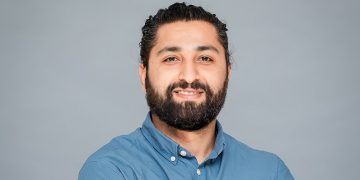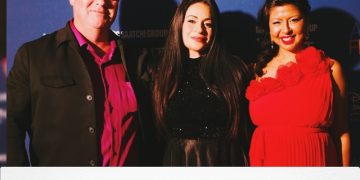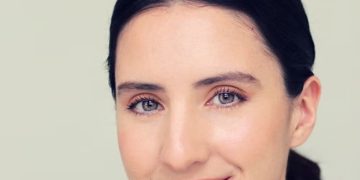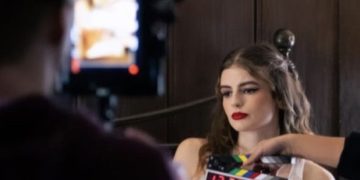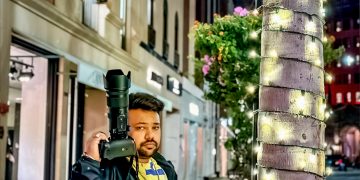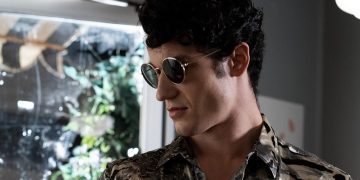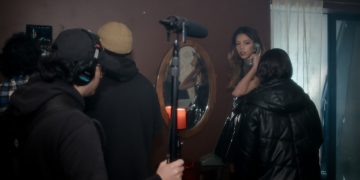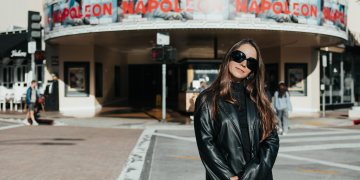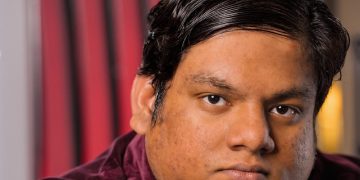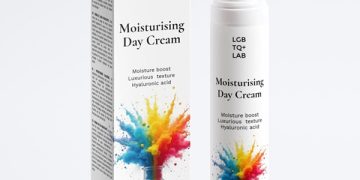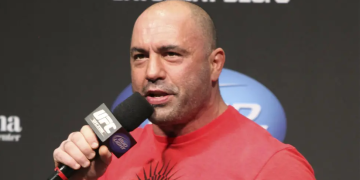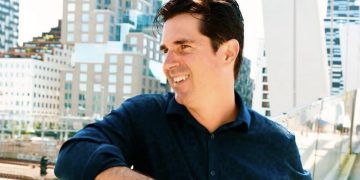In the heart of New Jersey’s Indian community, temples and cultural centers occasionally transform into bustling health hubs—places where compassion meets medicine, and no one is turned away for lack of insurance. These are the free medical and health-screening camps organized by the Indian Health Camp of New Jersey (IHCNJ), a nonprofit organization that has quietly built a legacy of service for over a decade.
Founded with a mission to promote wellness and preventive care, IHCNJ has delivered more than 12,000 free screenings, identified 3,500 chronic conditions, and provided an estimated $9 million in healthcare services—entirely free of charge. From flu shots and cardiology consults to dental and pediatric care, these camps have become a trusted lifeline for visiting parents, senior citizens, and uninsured residents across the state.

At the helm of this initiative is Dr. Tushar B. Patel, President of the Health Camp of New Jersey (HCNJ). With over three decades of experience in public health—including his tenure with the Federal Bureau of Prisons overseeing healthcare quality—Dr. Patel brings a rare blend of vision, leadership, and compassion. Under his guidance, HCNJ continues its mission to promote wellness, preventive care, and early detection of chronic diseases such as diabetes, hypertension, and cardiac conditions through free community health fairs across New Jersey. “Our goal is simple,” he says. “To reduce healthcare disparities by offering timely screenings, education, and counseling—so every person, insured or not, has the chance to live a healthier life.”
Among the many physicians and volunteers who bring that vision to life is Dr. Priyadarshini Sri Radhakrishnan Parthasarathy, a physician known for her warmth, medical knowledge and commitment to advancing both human and technological connections in healthcare.
A familiar face at IHCNJ’s outreach events, Dr. Priyadarshini volunteers alongside a team of doctors, nurses, and students who dedicate their weekends to serving hundreds of participants in a single day. “Many of the people we see are elderly visitors from India,” she says. “They come on travel visas to spend time with their families but hesitate to seek medical care because of language or financial barriers. At these camps, we bridge that gap—with understanding, not just medicine.”
Each camp is a scene of collaboration and compassion: volunteers greet families in multiple Indian languages, health booths line the temple halls, and vegetarian meals are shared after checkups. Teams of physicians work together under Dr. Patel’s guidance to make the day run seamlessly. Among the most impactful activities are bone-marrow-donor awareness and cancer-screening booths, where doctors—including Dr. Priyadarshini—educate attendees alongside high-school volunteers. “It’s powerful to see teenagers take part,” she says. “They return home as advocates of prevention in their own families.”
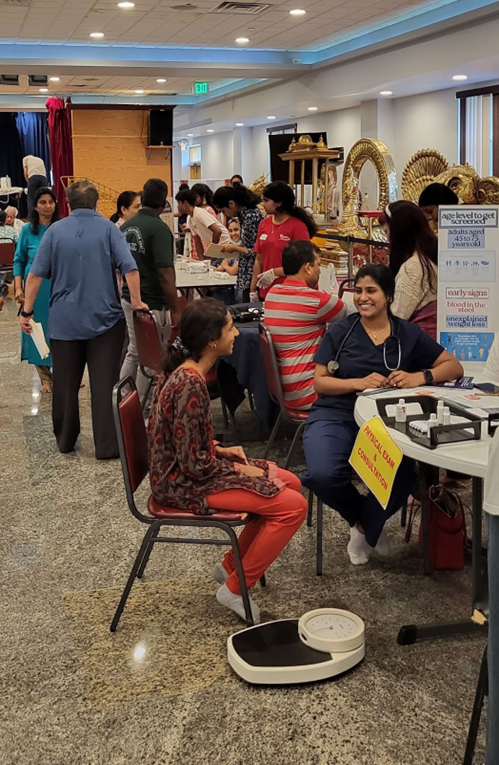
Fluent in English, Tamil, and Hindi, she often helps interpret between patients and clinicians, explaining test results, medication instructions, and health concepts in a culturally sensitive way. “Sometimes, one sentence in a person’s own language can dissolve years of hesitation,” she notes. Her commitment to breaking communication barriers extends beyond the camps—she has created bilingual educational materials such as vaccine-schedule pamphlets and her widely shared booklet “Top 50 Pediatric Myths Every Parent Should Know.” The guide dispels common misconceptions about fever, antibiotics, and vaccines, encouraging families to trust science over misinformation. She is also developing a Pediatric Basic Dosage Pocket Book to help caregivers safely administer medicines at home, reinforcing her belief that accessible health knowledge is as vital as the care itself.
Interestingly, She and her team is also involved in an AI and telemedicine research initiative that explores how lightweight machine learning tools can provide basic triage support in multiple languages—even in areas with poor internet connectivity. Her long-term goal is to pilot this technology in rural Indian communities, where both internet access and English proficiency remain limited, ensuring that healthcare guidance reaches families who need it most.
Dr. Priyadarshini also extends her commitment to service through AAPI-QLI (American Association of Physicians of Indian Origin – Queens and Long Island), an organization that shares IHCNJ’s spirit of community outreach and mentorship. Her clarity and compassion in communicating complex medical topics earned her the Best Poster Award and an Excellence Award for Outstanding Communication, voted on by fellow physicians and program directors. Reflecting on her experiences, she says, “IHCNJ and AAPI-QLI remind us that medicine works best as a team effort—when physicians, students, and community members unite with one goal: to serve.”
As another IHCNJ camp concludes and the last participants collect their reports, the sense of gratitude in the air is unmistakable. For Dr. Priyadarshini and her colleagues, each event is not just about screenings or test results—it’s about building trust and making medical knowledge accessible to every family, regardless of education or background.

